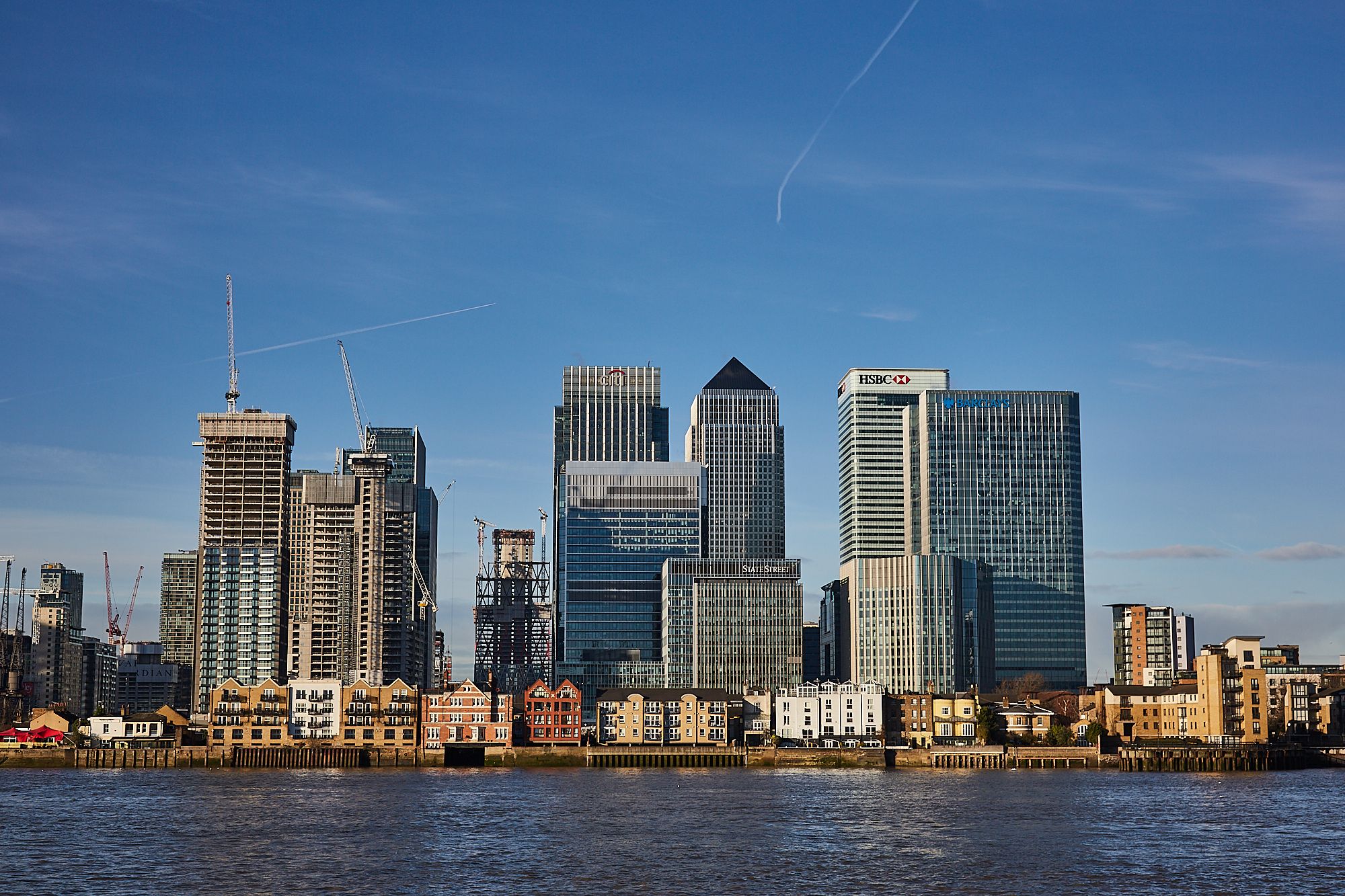
Business leaders from across the Capital, our members at BusinessLDN, are very concerned about what the crisis means for their employees, their customers and people more generally across London.
The cost-of-living crisis has become the ‘urgent small talk’ at every business meeting we’ve held over the last few weeks.
Business leaders from across the Capital, our members at BusinessLDN, are very concerned about what the crisis means for their employees, their customers and people more generally across London; and have been reflecting on the action they can take over what is likely to be a difficult winter.
This ranges from pay rises and other cash payments; through greater support for staff in the workplace, for example by providing free meals; through to support for organisations like The London Community Foundation.
As things stand, the picture for Londoners on the cost of living is very mixed. While some will receive significant employer support, poverty continues to bite in many parts of the Capital and the unemployment rate remains stubbornly above the UK average.
With that in mind, we have been looking at what we can help to achieve at a systems level across the city. We made London business’s position clear on the need for support on energy bills when we published our manifesto for the new Prime Minister. The support that has since been announced is welcome, but further action is likely to be needed from the Government to help those hit hardest – Londoners and businesses alike.
We have been making the case measures to make rail travel more affordable. As well as adding to an already high cost of living, particularly for essential workers who may not have the option of working from home, fare rises risk discouraging a return to the workplace, with knock-on consequences for sectors such as hospitality, retail and arts and culture, which rely on footfall. During this period of uncertainty, we are pushing to keep increases well below inflation to support the re-establishment of demand, alongside calling for wholesale reform of the rail fares system to one based on efficiency and transparency.
Parents and carers in London also face the highest childcare costs in the UK, with the average for inner London around £370 a week for under twos, according to Statista. When the impact of London’s high housing and travel costs are added into the equation, the affordability and availability of childcare is a barrier for many parents and carers to enter or return to the labour market. We are working with members and stakeholders to identify how government policy can help more parents and carers into the workforce, as well as how business-led initiatives, such as more flexible hours and working arrangements, can help support labour market inclusion, drawing from best practice from around the globe.
We have also renewed calls for a focus on planning reform to help with the delivery of more affordable housing, and we have urged the Government to reform the apprenticeship levy so it can be more easily transferred to SMEs and used to cover wage payments.
We will continue our work to try and improve the city’s systems for all who live here, as well as lending our support to the Together for London Appeal to help communities, especially those who are marginalised and excluded, to get through this crisis.
We know that this winter is going to be challenging and that immediate short-term support is much in demand. We will continue our work to try and improve the city’s systems for all who live here, as well as lending our support to the Together for London Appeal to help communities, especially those who are marginalised and excluded, to get through this crisis.
BusinessLDN is the Capital’s leading business campaign group, representing around 200 London-based businesses.
To find out how you can support local businesses and organisations through our Together for London appeal, get in touch at laura.perkins@londoncf.org.uk.
